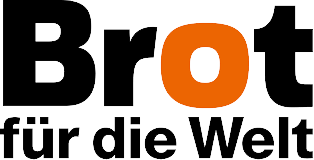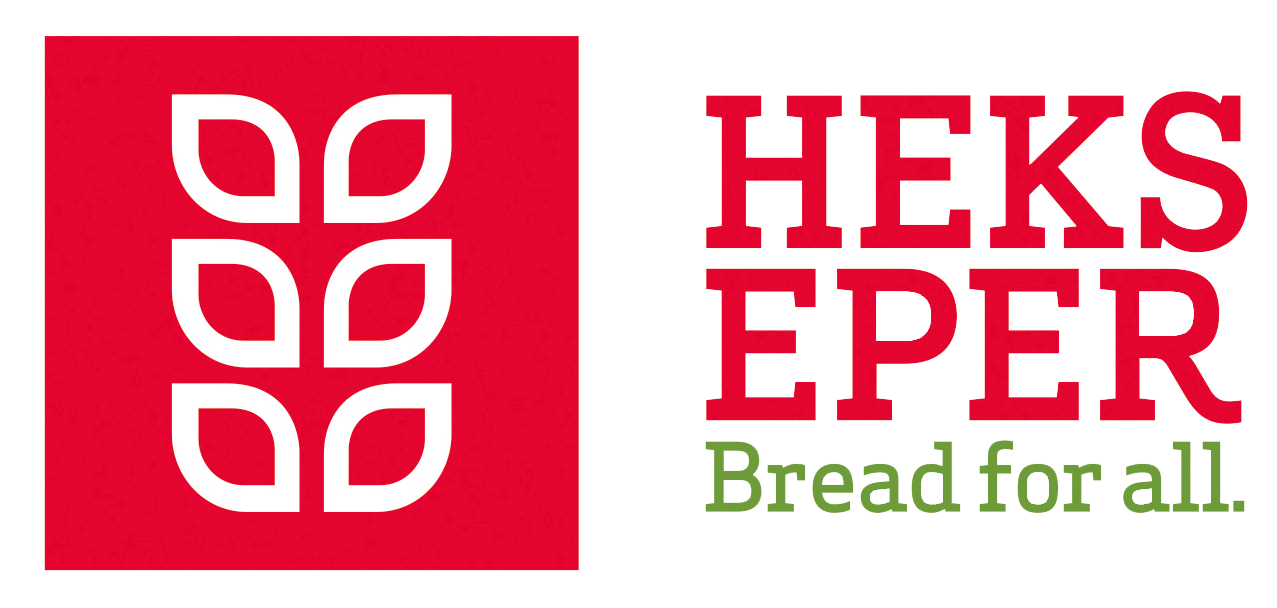Why this website?
Changing climate patterns, extreme weather events and resulting disasters are severely challenging poor communities all over the world. To support them in dealing with climate change, Bread for all, HEKS and Brot für die Welt together with FAKT have developed and applied the tool Participatory Assessment of Climate and Disaster Risks (PACDR). This website aims to facilitate the use of the tool for current as well as for new users and to contribute to a growing network of PACDR users and trainers– with the overarching goal of firmly establishing climate risk assessments in the planning of projects and activities for all areas and sectors affected by climate change.
Why climate risk assessments?
Climate change is one of the greatest challenges the world has ever faced. The latest IPCC Special Report: “Global Warming at 1.5°C” released in October 2018 has highlighted most drastically the impacts of climate change in the different parts of the world, even if we manage to keep the global temperature rise below 1.5°C or 2°C. Rising temperatures and changing weather patterns exacerbate existing natural or human-made hazards or generate new ones. The poorest people on our planet are also the most vulnerable. They lack capacities to deal with the consequences of climate change and other hazards, natural or human-made. Climate change endangers the sustainability of results of many development efforts.
Why choose PACDR?
We have found PACDR particularly useful due to the following assets:
- Dynamic: Work in process, adaptable to different contexts.
- Flexible: Modules can be used selectively (“quick and dirty” or for specific needs) or all together for an in-depth assessment.
- Participatory: All stakeholders of a community are ideally represented in the assessment process to assure ownership and effective actions.
- Easy: Easy to understand for community facilitators with basic skills in participatory rural appraisal (PRA) tools.
- Well-tested: The tool has been used in various countries, cultures and contexts. Field experience and critical feedback are contributing to the ongoing improvement of the tool in order to enhance relevance and practicability.
- Suitable for advocacy and lobby work: Several PACDR analyses in the same region/district are suitable as a factual basis to raise political awareness on climate and disaster risks, and to advocate for climate adaptation projects and climate finance.
The PACDR is a “living” open source tool in continuous progress, improved and adapted whenever used and needed. Feel free to use it, as a whole or in parts, adapt it to your needs and circumstances, share with us your experience and take part in its improving.


